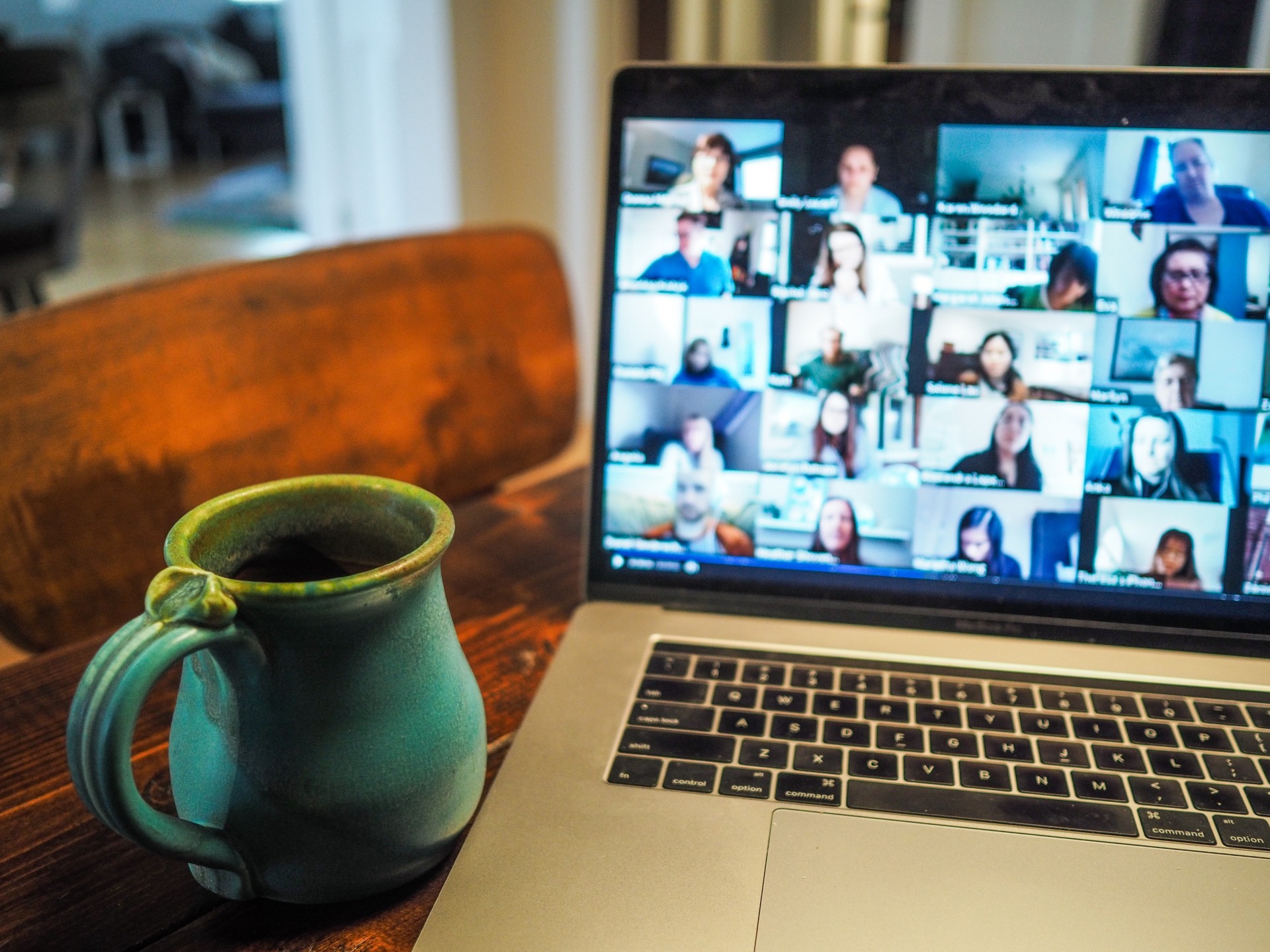According to the Oxford Dictionary, the noun ‘loneliness’ is defined as:
- Sadness because one has no friends or company
- (Of a place) the quality of being unfrequented and remote; isolation
I had previously thought that I had experienced feeling lonely in a pre-Covid society, for example doom scrolling Instagram and seeing friends on nights out without me, being newly single, moving to a different city and then quickly moving to a different country. Back then, there seemed to be a strange romanticism attached to feeling lonely, that by embracing one’s company, creativity could flourish. Many of my favourite artists and poets have created their best work in moments of deep isolation, using their confusion to bring clarity to their situation - however, this daze of loneliness that so many of us are experiencing feels darker, stoic and doesn’t seem to be shifting.
A year ago, at the beginning of the pandemic, I was fairly hopeful. I think there was a welcome stillness that I hadn’t realised I needed and I enjoyed seeing the banana bread and ‘working out from home’ phenomenon unfold before me via various screens. I had daydreams of finally being able to sit down and “write something”, maybe take some time to think about learning Dutch properly. I caught up with so many friends via FaceTime and we all had the same conversations, that this was an awful time, but we would make something positive happen, that we would carpe diem the shit out of COVID-19, had we thought about baking? What about starting a business? What about doing something for the community? We were so optimistic about this being a learning curve for society, that we all needed to learn to ‘slow down’ and take note, be grateful.

The reality is that I have spent most of my time in no man's land, hovering between my bedroom and my kitchen, or logging in and out of zoom for both professional and work events. The fireplace that used to be the epicentre in the home for families to gather, has now been replaced by a screen. This is where we find out how the world is doing, what atrocities have occurred within the pandemic, where we watch Netflix, stream family weddings and funerals, it is the place where the majority of us log in at 9am on a Monday to start the working week. It is no surprise that people are beginning to feel lost when they’re in front of their screen, but also can’t function without it. It now serves us at the centre point of our lives, but pushes us further into a state of confusion, separateness which wasn’t as obvious before the pandemic.
For me, I feel most lonely when I see my colleagues partners bringing them cups of tea during zoom meetings. It is a healthy reminder that I also should make sure that I’m drinking enough, but it is the desperateness of knowing that the only person who’s going to make me a cup of tea, is myself, and it leaves a bitter and strange taste in my mouth. I now have a reminder on my phone that tells me to drink water, and if it wasn’t there, I would forget, and get to the end to 6pm having moved once or twice since 9am.

My time is now completely navigated and controlled by tasks that take around 40 minutes to an hour long, these range from household tasks, exercising, eating, replying to messages on WhatsApp - it’s comforting, isolating and suffocating all at the same time. If one of these tasks doesn’t get done, the guilt I feel is quite staggering, because when the world is at a standstill, it feels like there is no excuse to not tick the tasks off the todo list. This loneliness has now become so natural that it feels like a second skin, it presents itself as the easy option, but the damage it causes quickly becomes apparent when you’re feeling overwhelmed by just the thought of navigating a conversation with four other people in a park. This pandemic has hit us all in different ways, but for singletons, or individuals living alone, it has brought a life of freedom to an abrupt halt. For couples and families that have spent the last year living on top of each other, it is the quiet five minutes that they long for.
The comfort that I take from this strange time that we are existing in is that we are, in different ways, experiencing the same level of confusion about how we got here, and where we are going. The old question in movies and literature of “where were you when Kennedy got shot?” Will now be replaced with “where were you during the first lockdown?” And it’ll be here, where a commonality will be formed through the shared experiences of Covid-19, where our moments of loneliness will join and become a ‘togetherness’.




